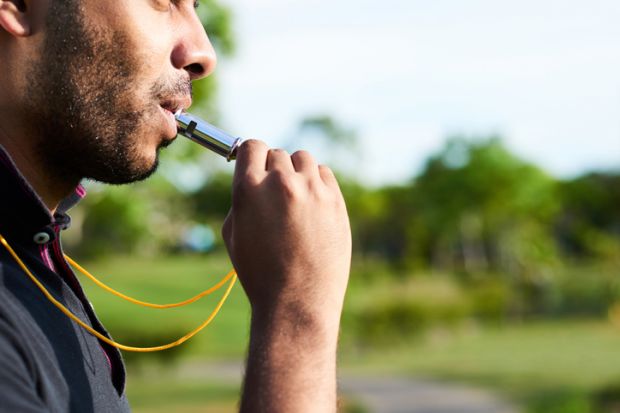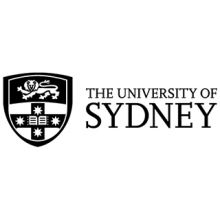The University of Sydney has said that it will not crack down on staff whistleblowers, amid wider concern in Australia about the treatment of academics who criticise their employers.
The draft free speech charter, adapted from the model code for free speech on university campuses drawn up by Robert French, chancellor of the University of Western Australia, entitles Sydney’s academic and general staff to “express their opinions in relation to the university in which they work”.
“A person’s lawful speech…in connection with a university activity shall not constitute misconduct nor attract any penalty or other adverse action,” it says.
The principle would apply so long as staff did not disrupt classes or research, impinge on other people’s free speech or conflict with the university’s duty of care to staff, students and visitors.
A report accompanying the charter calls on the university to ensure the principle is enshrined in its codes of conduct, two of which are already under review.
The university plans to seek the academic board’s endorsement of the recommendations on 5 November before submitting them to its top governing body, the senate.
Vice-chancellor Michael Spence said that Sydney had always taken freedom of speech seriously. “But it’s important to be vigilant,” he said.
The report has emerged amid controversy over whistleblowers in Australia’s universities and broader society. James Cook University is locked in court action against one of its former academics, physicist Peter Ridd, over his criticism of the university’s reef research.
The federal circuit court has found that the university dismissed Dr Ridd unlawfully, and last month ordered it to pay him A$1.2 million (£640,000) in compensation. The university is appealing the decision.
Across the country, Perth’s Murdoch University is suing one of its maths lecturers, Gerd Schröder-Turk, over his allegations that the university was recruiting international students with inadequate English language skills.
The university lodged the action as a counter-claim against Dr Schröder-Turk, who made the allegations during an ABC Four Corners broadcast in May and later took Murdoch to court over its move to expel him from its senate.
Sydney’s draft charter largely reflects the code that Mr French drew up earlier this year, after the federal government commissioned him to review free speech on campuses. An incident at Sydney last year, when a speech by controversial sex therapist Bettina Arndt was interrupted by protesters, is thought to have prompted the review.
The charter includes amendments to the code by Mr French, Australian National University chancellor Gareth Evans and University of Queensland chancellor Peter Varghese, who revised it in June to allow invited speakers to espouse theories that “fall below scholarly standards”.
But visitors who have not been invited by someone in the university community can still be barred from promulgating unscholarly ideas. The charter also allows the university to require visiting speakers to contribute to security costs.
Such provisions have been ruled out by crosstown institution UNSW Sydney, which maintains that it covers security costs and people can say anything that does not break the law.
Register to continue
Why register?
- Registration is free and only takes a moment
- Once registered, you can read 3 articles a month
- Sign up for our newsletter
Subscribe
Or subscribe for unlimited access to:
- Unlimited access to news, views, insights & reviews
- Digital editions
- Digital access to THE’s university and college rankings analysis
Already registered or a current subscriber? Login










